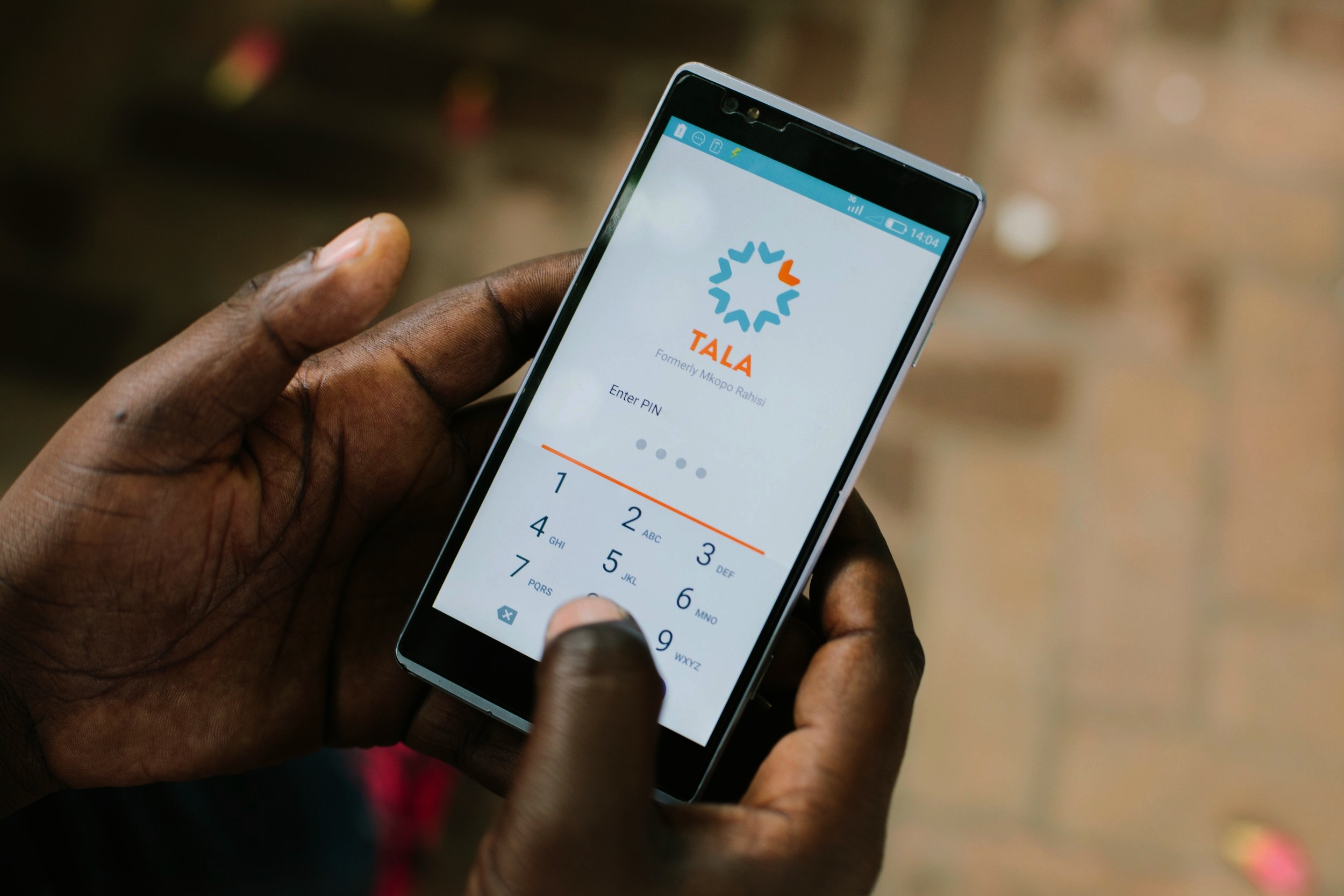Kenya is going all out to regulate its digital economy, and enforcement is not taking a backseat there. Last year, the east-African country laid out regulatory blueprints for both the payments and digital lending industries. At first, it seemed like business as usual: African regulators saying how things should be but never following through on ensuring them. However, things are turning out differently this time.
Earlier this year, Kenya’s central bank pushed companies—even unicorns—out of the country’s market of payment operators for their lack of compliance. Now, the tide has turned to digital lenders. They have been given a 3-day ultimatum to comply with the country’s regulation for digital lending or face a bitter extinction.
The story begins in October 2021, with the Central Bank Amendment Act of 2021, where lawmakers redefined regulatory standards and cemented acceptable country-wide practices for digital lenders in the country. Amongst other things, all the 100+ digital lenders were required to register afresh with the CBK and accept to be regulated by the country’s apex bank. The bank also introduced a cap on interest rates and enforceable measures to maintain data privacy. It also declared that lenders who did not adapt to these changes would have their licenses revoked.
Before this move, anyone in Kenya could easily operate a digital lending company. There wasn’t even a need to obtain a license. Registering was enough, and players had the autonomy of decisions regarding customers’ data. Like all things unregulated, the market fell easily into chaos.
The lack of regulation made it commonplace for digital lenders to access the messages and contacts of their customers and explore predatory lending tactics. Some companies like Opesa and Okash, who required loan payments within 30 days and at often exploitative interest rates, used customers’ personal contact details to apply debt-shaming tactics on the customers. Other companies shared data of loan defaulters with third parties without the customers’ permission and frequently overlooked the 60-day Google Play policy for digital lenders.

A year after, Kenya’s government has probably heard enough sob stories, and they’re now swinging to action. All companies seeking to continue as digital lenders will now be screened under particular requirements. First, they must be incorporated under the Companies Act 2015. They must also ensure that their significant shareholders, senior management, and directors meet the criteria outlined in the regulations.
In a legal alert document, Joseph Githaiga and Caroline Kipkulei of PwC’s Legal & Regulatory Compliance Advisory department shed more light on the situation:
“Similar to other CBK regulated financial institutions, new digital credit providers seeking a license are first required to submit their proposed names to the CBK for approval before proceeding to incorporate a company with the Registrar of Companies. Upon submission of a digital credit licence application with the CBK, the CBK may grant or reject the application within sixty (60) days from the date of receipt of the application.”
CBK has given digital lenders a 3-day ultimatum (until Saturday, September 17, 2022) to make their applications. After applications are closed, successful companies will be allowed to continue operating in Kenya under the watchful eyes of its central bank.
While this has been lauded as a great move by Kenya’s government, it may also result in a significant drop in the profitability of credit products in Kenya, which may consequently affect the investment worthiness of the industry. Also, bad loans might be on the increase, especially as loan defaulters are now aware that desperate tactics to enforce repayment will no longer be permitted.
The best part of it all? Kenyans will now be able to borrow money with peace of mind!
On Friday, the 23rd of September, TechCabal, in partnership with Moniepoint (by TeamApt), will host the most important players in tech and business on and off the continent to discuss the future of commerce in Africa. Register now to attend.”





















